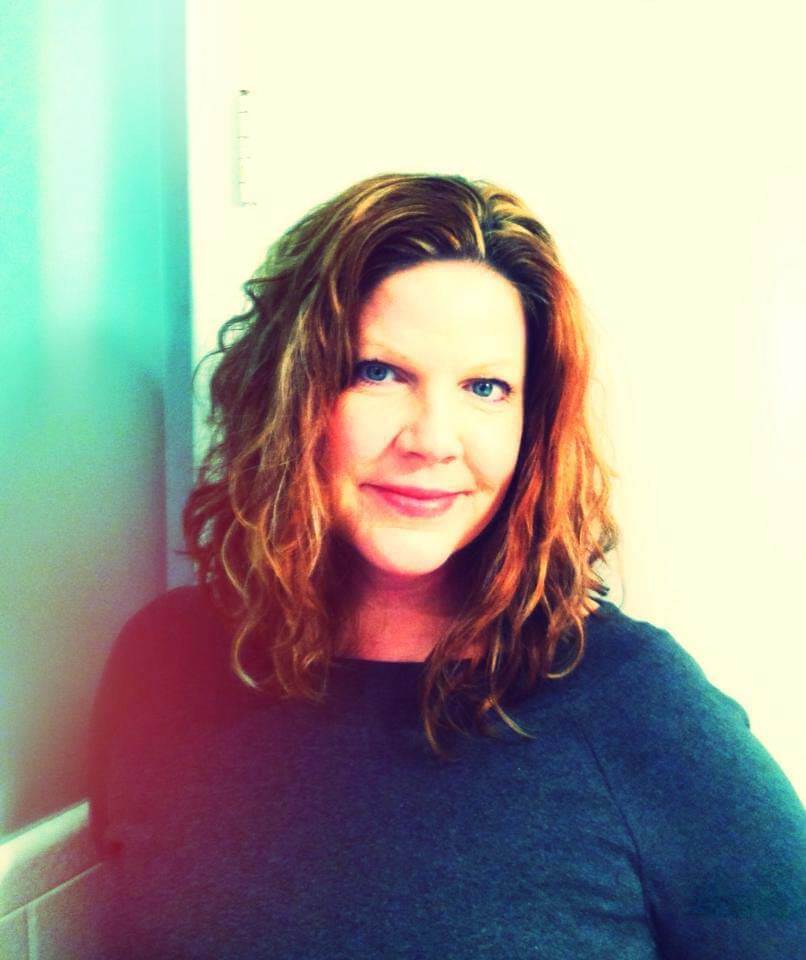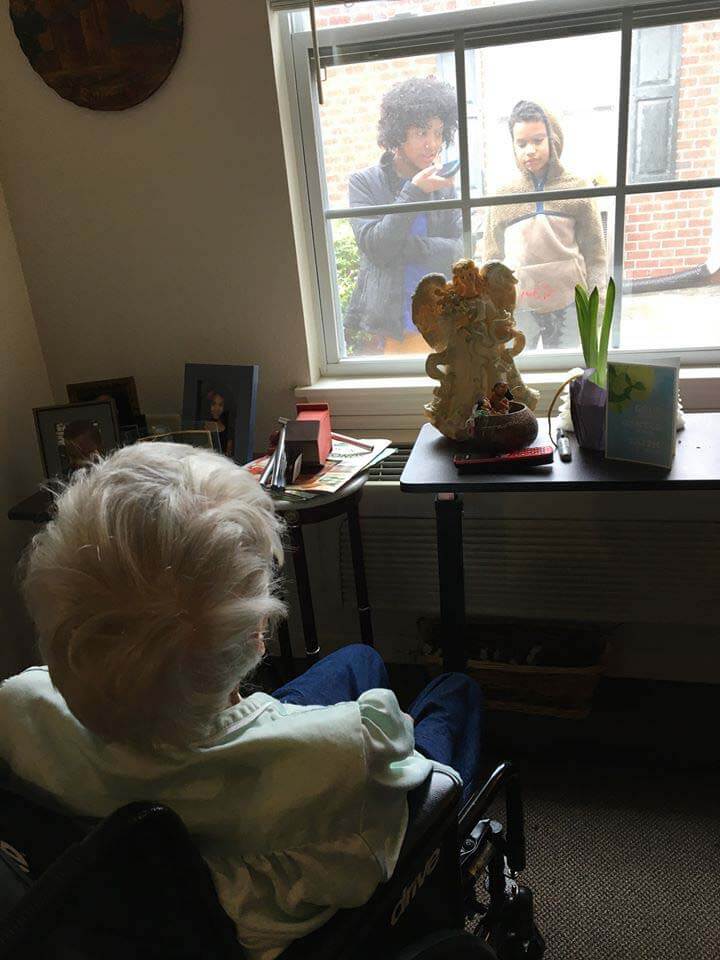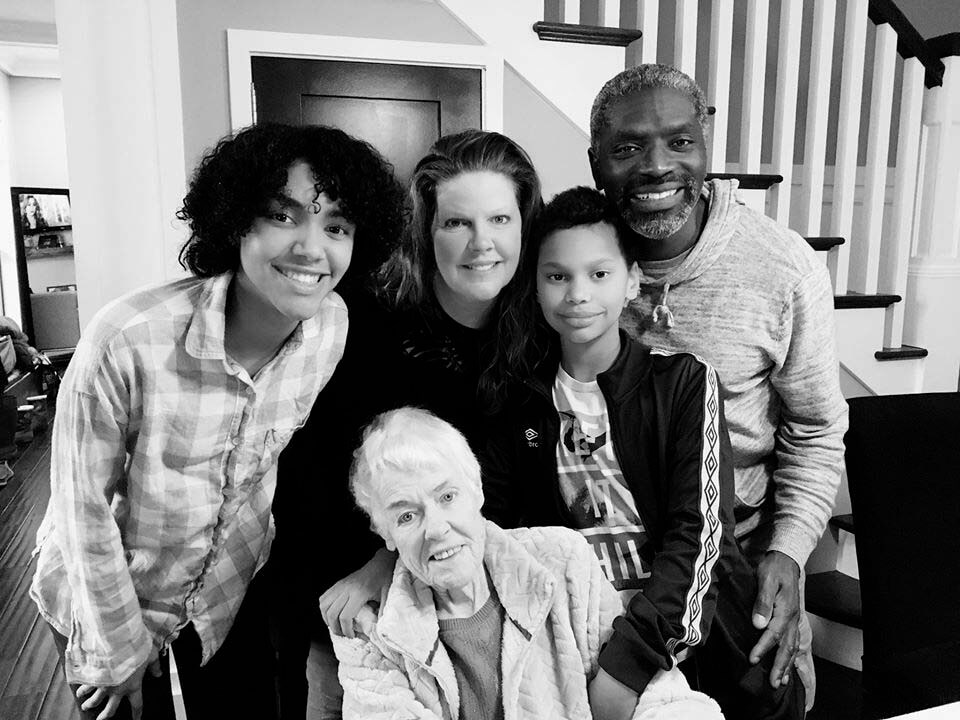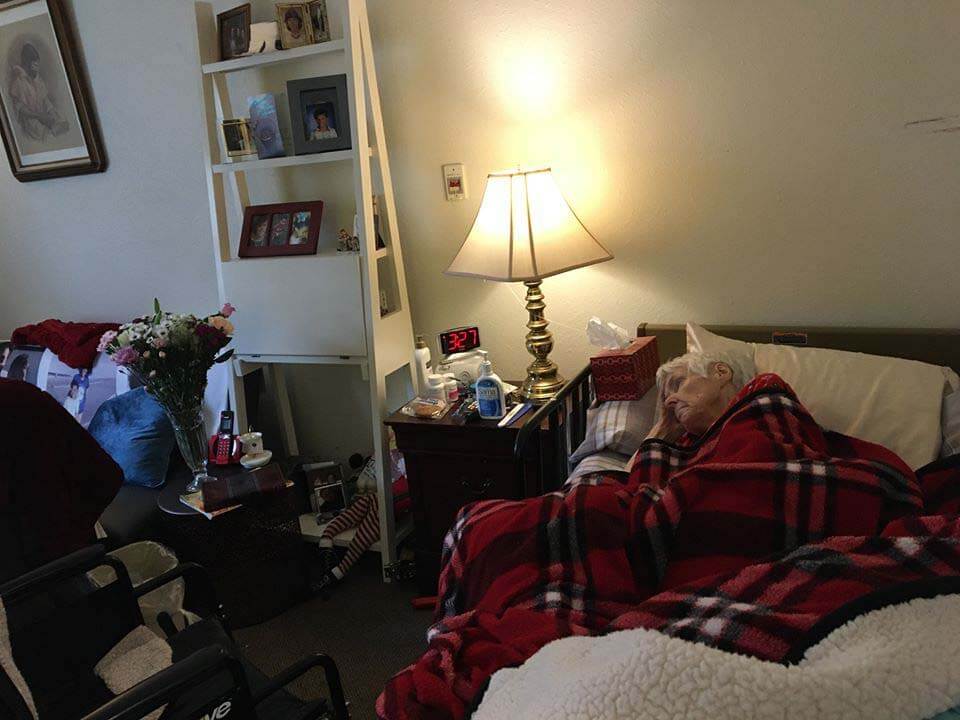The COVID-19 pandemic is affecting each of us differently. Most of us are facing varying degrees of hardship, from canceled events to suspended income to restructured business models and learning to adapt to social distancing. And in all of the uncertainty, we’re clinging to our families more than ever — embracing the time we have and leaning into simple past times such as neighborhood walks, game nights and cooking together. But what happens when that’s not an option? For those with family in assisted living facilities, the struggle is taking its toll on a deeper level as they experience restricted or denied access. We spoke to Moe Loughran, a vocal coach and founder of Nashville Creative House, about the emotionally charged challenges of having her mom in hospice during this unprecedented time of isolation.

How long has your mom been in hospice in Nashville, and what does that typically look like from a caretaking standpoint?
She has been in long-term hospice for a year, but she lived by herself in Florida until she was 90 years old. She had a heart attack last January, and she was in the hospital for a month, and we made an agreement — because we’ve been trying to move her here. I’m her only child; I don’t have another sibling that could move there, and we couldn’t move there. It was like, “If you move to Nashville, then I can take care of you.” So, after the heart attack happened, she viewed several different establishments, and we found this one that we liked. We got her here and moved her in, and because my mom has two of what the CDC calls “terminal illnesses, “she qualified for hospice, which is phenomenal here in Nashville. She’s had the same nurse from day one, and we love her. She’s part of our family now. Because my mom was living alone, I don’t think she was taking her medications properly. So, being on hospice — I think it has extended her life. Her original physician said she had between six months to a year, and it has been a year, and she’s still here, which is great.
How has the lockdown affected your ability to take care of her?
Right now, my mom is on the downswing because there are four stages of congestive heart failure, and the last stage is when you just don’t want to eat, and she doesn’t really want to eat. We see her every day — if I can’t see her every day, then we have friends who go to see her. That is, until this epidemic happened. That was jarring, because she’s in an assisted living facility. She is one of two people who are on hospice there, and that’s the only reason I’m allowed to see her right now; my kids aren’t allowed to see her. And I think we’re at the tail end. She’s lost 30 pounds already this year, and she just doesn’t want to eat. She has gone from being mobile to primarily in a wheelchair. So, visits are even more important right now — I feel like we have weeks left, but I don’t know that we have months left. So, not seeing my kids … They went to see her four to five times a year, but more recently, we’ve gotten to see her four to five times a week. And that’s a huge pull for her to eat or get up or to just live. I mean she loves me, but she really loves them, which is the nature of grandparents. I was really freaking out about that, because I didn’t want her to go into a depression because she couldn’t see them. And FaceTime works, it just doesn’t work as well. So, I was frustrated that my kids couldn’t go to see her. But I understand that we have to be diligent because it’s not just about my mom — there’s 20 something other people in the facility. I go to see her when nobody’s eating in the cafeteria or when there’s a lull, because that’s the least amount of people out in the common areas.
My friend saw this thing online where this man was talking to his dad out the window, and I’m like, “I can do that!” So, that’s what happened. I take my kids there so they can talk to her through the window — so she can see them and lay eyes on them. We do FaceTime too, but it’s an added benefit to be able to actually see them in person. There’s something about physically seeing someone, even if it’s just through a window.


Do you have any advice or recommendations for those with family in similar situations?
The nurses are on overload, so if you are able to be present, they need you. I read about a couple of different people wanting to send letters to the nursing homes from kids — I think that is a magnanimous idea! Anything works, such as a note of encouragement or talking about who you are, versus asking questions, because they always get asked the same questions — “How are you? Did you eat lunch today? Did you brush your teeth?” If you say, “Today was a beautiful day, and we saw tulips blooming in our neighbor’s yard, and they were the brightest yellow … ,” then they can visualize what they can’t access right now, and I think that’s huge. Send recordings — you can do voice memos and talk about how you are if you can’t call them — anything they can latch onto. If you have books and you don’t have a person in a nursing home, maybe you can donate. Wipe them down, put them in a bag and call the facility. All these wonderful places are doing virtual tours, such as museums. Talk to the activities director and ask if something like that can be put up on the TV, because most of them have common rooms to view that. Or puzzles! Puzzles are great for keeping the mind sharp.
Letters are so important to older people, and they love to see pictures, even if it’s of the beach or a beautiful flower garden. At every nursing home, there are people who do not get visited; there are people who do not have someone. The one thing they do have in most of these places is someone who comes in to lead a Bible study, and that’s not available now. So, sending encouragement of your faith to them, if you feel so led, is great. Or you can send inspirational sayings and quotes. That kind of extension of kindness — “adopting” a person — that can change the game for someone falling into depression. Because then they know somebody is thinking about them. It’s just about being human — we’ve seen Nashville do that for so many who have been affected by the tornado. I know it takes a lot, even if we say it doesn’t, because there’s a lot of fear and needing to take care of our own families. But if you can extend the kindness, it will help your family embrace the community.
Have there been any bright spots during this challenging experience?
I had an experience at Trader Joe’s. I had gone to my mom’s with my son, so she got to see him before the whole shut down happened, and then I’d gone back to take her soup. She said,” Bring me back some tomato soup.” If she ever wants food, and specifically asks for something, I bring it. So, she wanted tomato soup, and Trader Joe’s has a really good one. I had gone back to the nursing home, and they’d said, “You can’t visit your mom.” We have a new director, and she was like, “You can’t go in.” I told her my mom is on hospice, so they immediately implemented the protocol so I could go see her. They took my temperature and I filled out the questionnaire, washed and sanitized my hands, and then I went in and fed her. And then I said, “Can I talk to her about the lockdown?” Because coming from me, it’s going to be a lot more understandable than coming from somebody else. I left there and I was pretty much a mess. I drove for a little bit because I was just trying to figure out what I was going to do with the situation. I went back to Trader Joe’s, and I was just going to get a couple of things because we were out of coffee. Of course, they were busy that night because people were raiding everything. It was at the end of the night, and I was checking out, and the girl looked me dead in the eye and said, “Hi.” I said, “Hi,” and then I just looked down because I was really holding it together by the threads. I started bagging my stuff, and another lady came over to help, and she was like, “How was your day?” They’re always super friendly there. She started asking me, “What are you going to do this weekend? Do you have any plans with everything that’s so crazy going on?” And I just said, “No, I don’t.” I was trying not to talk and make eye contact. The lady helped me bag everything up and then she put flowers in my basket. I started to tell her, “These aren’t mine,” and she said, “I don’t know what’s going on right now, but I hope these make you feel better.” I never pretty cry, so I started ugly-crying in the middle of the grocery line. That was something they absolutely didn’t have to do. But that’s our city, right? They’re having to work in the middle of all of this, and instead of thinking of themselves … I was really grateful for that.
My dad died 10 years ago, and my friend who knew both my parents, she’s like, “It’s kind of like your dad whispered in that lady’s ear to get some flowers to your mom.” Those two ladies were just really, really great. She could’ve just let me be in my head, and she decided not to. It was just a graceful choice, a very grace-giving choice. I took the flowers to my mom the next day, and she loved them. She went on and on about them because it was a beautiful bouquet and it lit her up.

RELATED: My Last Night in Paris: A Southern College Student’s Rapid European Departure

What’s the best advice you’ve ever received or the most invaluable piece of advice you’ve recently received to help you through this time?
Always do good, because even if you don’t receive some good back from the person you do good for, you’re honoring God or your faith or yourself. If you give good, good will come back to you.
Aside from faith, family and friends, what are three things you cannot live without?
I cannot live without music and doing for others. And I cannot live without Nashville. I love this city.
**********
Subscribe to StyleBlueprint for inspiring stories, useful information and more. Click HERE.



















